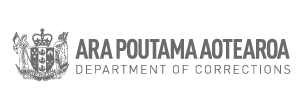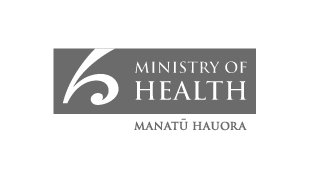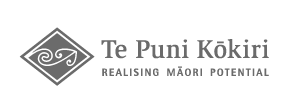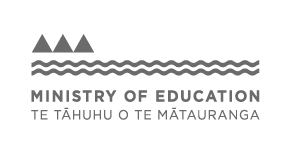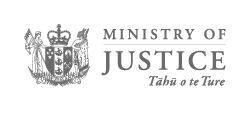Mapping Organisational Values, Principles and Processes Tool (SOS)
Broad Benchmarking of Roles Tool (E2E)
Planning and Tracking Completion Tool (E2E)
Recognition of Prior Learning and Experience Tool (RPLE) (E2E)
Mapping Training Tool (E2E)
In May 2022, two family violence capability frameworks were launched to build the capability of government and non-government organisations and workforces across Aotearoa NZ to ensure safe, accessible and effective responses to family violence.
The Specialist Family Violence Organisational Standards (SOS) and the Family Violence Entry to Expert Capability Framework (E2E) are trauma- and violence- informed. The frameworks provide information about the dynamics and impacts of family violence and apply an indigeneity lens with Te Tiriti o Waitangi, te ao Māori and whānau centred thinking at their heart.
The SOS helps organisations to align existing values, principles and processes and, where needed, extend existing or develop new to support integrated, holistic, safe and effective approaches, responses and services. The Standards are set out across the five principles and outline the recommended minimum standards required for any organisation with a role in responding to family violence.
The E2E sits alongside the SOS and sets out the knowledge and skills workers need to safely and effectively respond to the different needs of a diverse range of people and whānau. The SOS and E2E are underpinned by five principles:
|
|
Kotahitanga – Relationships and Inclusion Honours tangata whenua as the indigenous people of Aotearoa New Zealand and is committed to equitable, accessible and inclusive opportunities and practices for all individuals, groups and communities. |
|
|
Kaitiakitanga – Protection and Accountability Increases the safety of people who are impacted by violence, reducing the potential for further harm, and holding accountable people who use violence. |
|
|
Mahi Tahi – Collaboration and Advocacy Works actively with others to create safety strategies and alliances for those impacted by family violence and challenges systemic, social and cultural factors that enable family violence to exist in Aotearoa New Zealand. |
|
|
Ora – Wellbeing and Restoration Provides a holistic approach that is shaped by and reflects the aspirations and restoration of whānau, families and individuals. |
|
|
Koi Mahi – Innovation and Learning Grows practice through continuous learning. |
For more information, see SOS and E2E.
Five tools have been developed to support organisations to map existing standards and training, identify what E2E level/s different roles should be working towards and provide a process for workers to cross credit prior learning and experience. Three of the tools outline the standards and capabilities on word templates with columns added to aid tracking and completion processes, and with the E2E capabilities clustered into subject-related modules.
The tools are optional and are intended to provide an easier approach to putting into action the SOS and E2E. They are based on a high trust model and require organisations to discuss and decide the approach that best suits them. The tools won’t be applicable for all situations but can be adapted to fit, or different processes can be used if needed. Each tool is designed to be downloaded from the website and completed on your own device. The tool can also be printed to A3 paper, or to print to A4 paper you will need to save the tool as a PDF first and then print.
Capabilities are set out across four levels and each level builds on the previous level/s:
|
|
Essential Level Applies to people who, through their day-to-day work, could be in contact with people, whānau or families impacted by family violence, or people who are using violence. People at this level need to demonstrate essential level knowledge and skills as appropriate to their role. |
|
|
Entry Level Applies to workers in the family violence sector who are new to family violence work or their role involves routine family violence service provision. People at this level need to demonstrate both essential and entry level knowledge and skills as appropriate to their role. |
|
|
Enhanced Level Applies to workers in the family violence sector at an advanced or senior level, whose role involves complex family violence service provision. At this level workers need to demonstrate essential, entry and enhanced level knowledge and skills as appropriate to their role. |
|
|
Expert Level Applies to specialist workers in the family violence sector who are team leaders, managers or service leaders. People at this level need to demonstrate essential, entry, enhanced and expert level knowledge and skills appropriate to their role. |
The tools were developed with the input and oversight of a working group with representation from government and community organisations. The draft tools were shared with a range of organisations to be trialled, including the National Collective of Independent Women’s Refuges and Te Kupenga Whakaoti Mahi Patunga – National Network of Family Violence Services, and feedback was gathered to inform the final versions.
If you have any questions or feedback on these frameworks or tools, please contact us at workforce@tepunaaonui.govt.nz.
Last modified:
